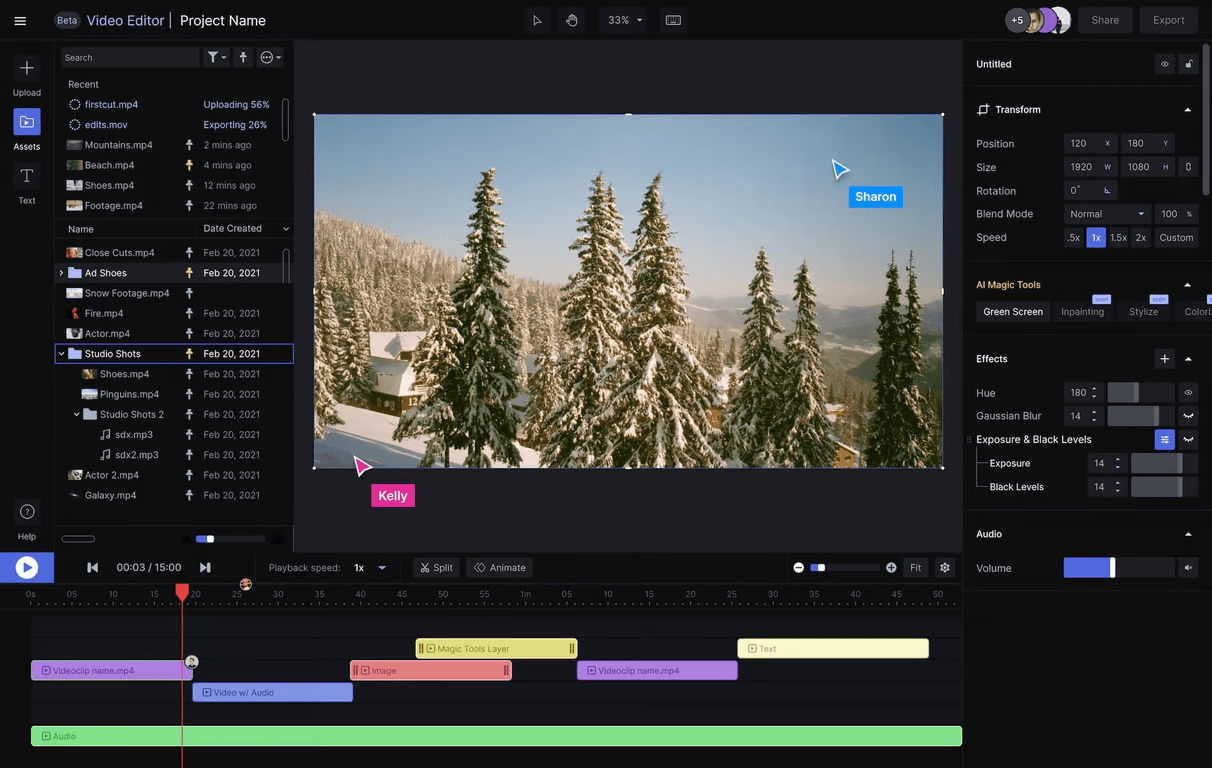There are many different steps to go through when you’re setting up an e-commerce business. Having a great product is just the first step of many toward your first sale, and if you make any missteps on the way you’ll find that your once-promising idea isn’t quite as profitable as you hoped it would be! Any e-commerce company needs a great website, but even that isn’t enough. There’s no benefit to having a great website if people don’t know where to find you or can’t remember what your website is called. That’s why choosing a great domain name is every bit as important as the website itself.
It isn’t all that long since this wasn’t really an issue. There were very few domain extensions, and there were a few potential name options to choose from no matter what product or service you wanted to sell. Now there are hundreds of different domains to pick from, and many of the best names are either in use or have been reserved by people who may or may not decide to use them in the future. That means you need to employ a little creative and critical thinking when you’re making your choice – and there are a few factors you’ll want to consider while you’re doing it.

This is where we step in. Fortunately, we know a thing or two about what makes for a good domain name – and we’re happy to share our best tips with you here!
Never Consider Anything Without A Dot Com
This is of vital importance. Even though there are hundreds of possible extensions, dot com is still the world’s standard. It’s the brand that has the most familiarity with the public, and after thirty years, it’s unlikely that anything will ever come along and change this. When people go looking for a website, they’ll try a dot com extension on the end of it before they try anything else.
This can be frustrating when you think you’ve come up with the perfect name for the rest of your URL, but then find out that the dot com extension for it isn’t available. Don’t be tempted to pick another extension and make do – your visitor numbers will suffer because of it. By all means have a dot org, dot net, or another extension in addition to dot com – but secure the dot com at all costs.
Use Relevant Keywords In Your URL
Whatever it is you’re trying to sell, you should make a direct reference to it in the URL of your website. If you’re trying to sell kitchens, the word ‘kitchens’ should be in there. If you’re selling flowers, try ‘flowers,’ ‘floral,’ ‘bouquet,’ or anything that’s directly relevant to whatever you want people to buy from you. It helps people to remember your brand name, and it’s better for SEO purposes too.
There are obvious exceptions to this rule – amazon.com, for example – but they can afford to be exceptions because they have enormous marketing budgets behind them. Look at another industry instead – specifically, the online slots industry. There are now hundreds (maybe even thousands) of online slots websites like Late Casino in the world, and virtually every single one of them has the word ‘slots’ in its title somewhere. If we had to put money on it, we’d say the online slots websites that include the word ‘slots’ are doing a lot better than the ones that don’t. Relevance is important.
Cut Out The Hyphens
A good URL should flow from one word to the next. Even if there are two or even three separate words in there, don’t be tempted to put dots or hyphens between them. The moment you do that, you’re giving people two possible ways to type your URL, and fifty percent of them will get it wrong. You might lose out on those potential visitors forever.
Aside from making your URL look untidy, the best reason to avoid hyphens is that people don’t understand how to use them. They’ll either try to put them where they don’t belong, or they won’t put them where they’re supposed to be. Most hyphenated URLs are relics of the early days of the internet. Nobody should be using them to make new websites in the 2020s.
Google Before You Buy
The problem with having what appears to be a great idea is that someone might have had that same great idea before you. Even if you think you’ve come up with the perfect name and the right domains are available, you still need to carry out a little more research before you commit to a purchase. Someone could be using a very similar name to you and selling very similar products. If they have a trademark on that name, you could find yourself in hot water even if you didn’t mean to infringe upon it.
Don’t just Google the name you’re thinking about buying or using. Google alternative arrangements of the words and alternative spellings (US vs. UK, for example) to make sure you’re totally in the clear before you part with any money.
Check The Archives
You might not be the first person ever to use the domain name you’re about to buy. Just because it’s free right now doesn’t mean it’s always been free. A business or individual might have held that domain in the past and then let it go when they ceased trading. You need to know for sure whether you’re about to walk over someone’s cyber-grave, and tools like the internet’s Wayback Machine will help you to work this out.
Picking up a dead domain name isn’t ideal for obvious reasons. If the company had a bad reputation online, it might affect the way you rank on Google. You might also start to pick up correspondence or complaints that ought to be directed at the previous entity that held the domain name. You don’t just need a domain that’s available to use right now – you need a domain that’s never been used before in the history of e-commerce.
We realize that having to go through the process we’ve outlined above makes your task harder, but nobody ever said that good things came easily! We want you to end up with a domain name that’s suited to your task, and free of baggage. That’s how to give yourself the best chance of success in the future.








